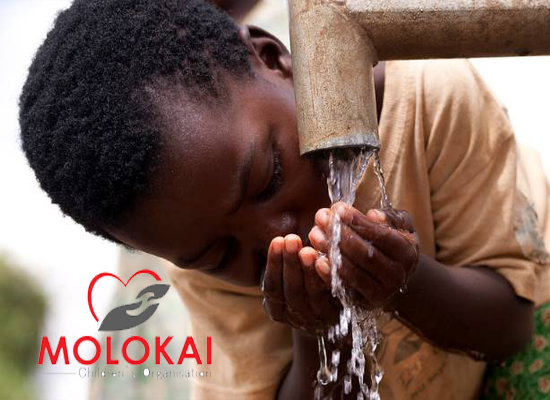



Project
Water and sanitation are essential for life and health, but they are also essential for dignity, empowerment and prosperity. Water and sanitation are human rights, fundamental to every child and adult. But in Uganda, poor sanitation and hygiene, as well as unequal access to safe drinking water, make thousands of children very sick and at risk of death. Diarrhoea alone, one of three major childhood killers in Uganda, kills 33 children every day. In most cases, children get the disease by drinking unsafe water or coming into contact with contaminated hands — theirs or parents or caregivers — that have not been washed with soap. Early childhood diarrhoea is not only deadly; it also contributes to Uganda’s high levels of stunting, which in turn affects children’s cognitive development and performance at school. In school, lack of proper sanitation facilities also leads to high absenteeism and dropouts, especially for girls. Access to improved water and sanitation facilities does not, on its own, necessarily lead to improved health. It needs another step: there is now very clear evidence showing the importance of hygienic behaviour — especially hand washing with soap after defecating and before eating or preparing food — to health improvement. Another key to reducing childhood illness and death is to stop using open fields or the bush as toilets. In Uganda, nearly a tenth of the population practices open defecation, and two thirds of households do not wash with soap. It is poor people who carry the greatest burden of poor sanitation. The poorest 20 percent of the population is 13.5 times more likely to defecate in the open than the wealthiest 20 percent, according to the World Bank.







